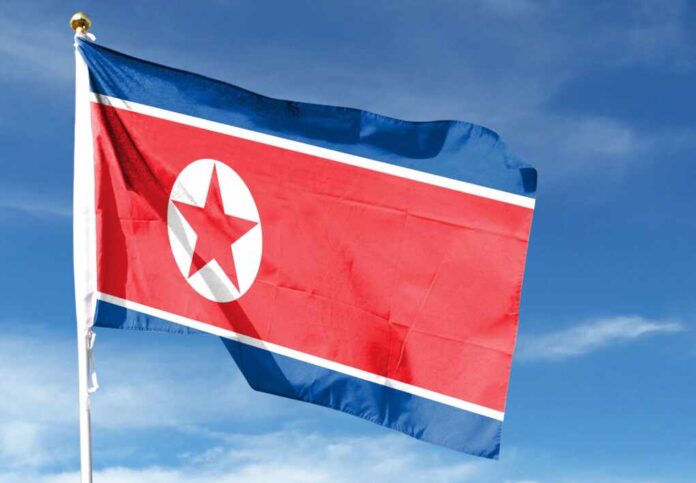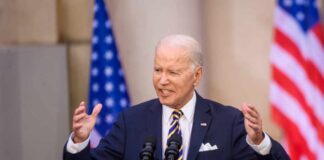
On Monday, North Korea reportedly fired an intercontinental ballistic missile (ICBM) with a range sufficient to reach any target in the United States, immediately ramping up global security concerns. This launch came shortly after a series of heightened military activities in the region. It marked a significant milestone in the reclusive communist dictatorship’s missile capabilities.
The missile that was tested is reportedly capable of traveling over 9,300 miles, which would put all neighboring Pacific countries as well as the U.S. mainland within reach. Shingo Miyake, Japan’s Parliamentary Vice Minister of Defense, confirmed the missile’s extreme long-range capability on Monday.
North Korea fires ICBM after condemning US ‘war’ moves https://t.co/UkRm1DFJEP pic.twitter.com/KdUlQfrHIA
— New York Post (@nypost) December 18, 2023
In response to this provocation, the U.N. Security Council, at the behest of the United States and other concerned nations, immediately convened to deliberate on the latest news of North Korean aggression. South Korea’s National Security Council labeled the test as destabilizing for the entire world, pointing out that the newly developed missile uses modern solid-fuel technology that is far advanced from the missiles that North Korea has fired in the past.
South Korean President Yoon Suk Yeol ordered that joint “nuclear deterrence” operations with the United States in the Pacific region be enhanced and implemented immediately. The call stands as a strong international signal of the ongoing resolve of Democratic allies in the region to stand up to North Korea’s reckless posturing.
The Biden administration also reacted to the launch, with National Security Adviser Jake Sullivan engaging in discussions with his South Korean and Japanese counterparts. Emphasizing the importance of sharing missile warning data, the U.S. administration is actively coordinating with its allies to address the escalating threat.
North Korea meanwhile continues to justify its missile program as a necessary measure for self-defense. Pyongyang has rejected the U.N. Security Council’s ban of its missile program and proclaims the order is a “product of hostile U.S. policy.”
Monday’s missile test by North Korea raises critical questions about the effectiveness of existing diplomatic and security measures in curbing the regime’s offensive military ambitions. It also poses a significant challenge to the region’s stability and the broader international security landscape.
Since the beginning of the Biden administration in January 2021, North Korea has significantly increased its missile testing activities. Before this week’s ICBM test, the tests have varied in range and type, including short- and intermediate-range missiles.



























